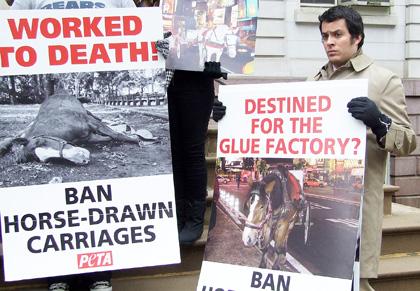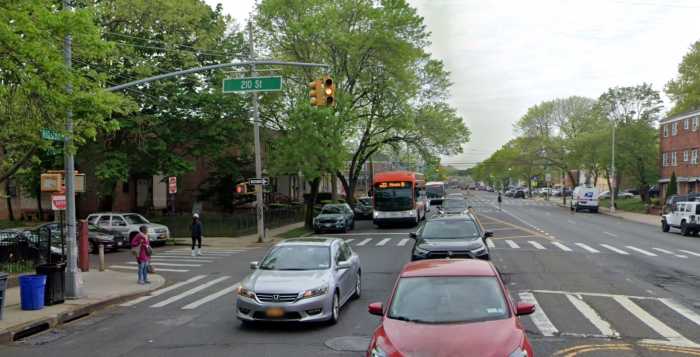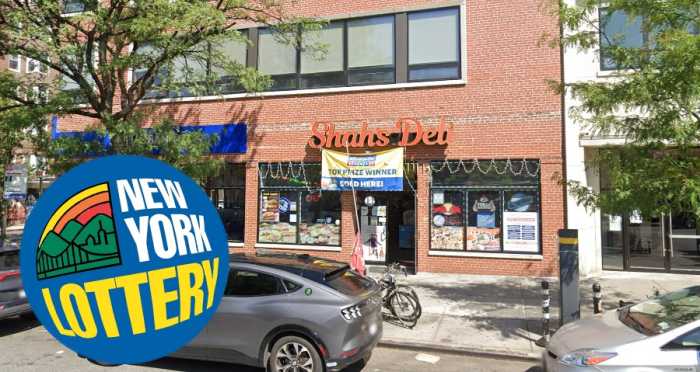By Nathan Duke
Animal rights activists and members of the city’s horse drawn carriage industry clashed at a standing room−only City Council hearing last week on a bill proposed by Councilman Tony Avella (D−Bayside) that would ban the operation of the city’s carriages.
Hundreds lined up Friday at City Hall to testify, including PETA members, stable owners and unions representing horse carriage drivers. Avella has come under fire by members of the industry, many of whom live in Bayside.
Council members discussed two bills, including Avella’s proposed ban as well as another that would increase regulation on the industry, rather than dismantle it.
Avella said he did not want the city to lose jobs during an economic downturn, but contended the industry mistreated its horses. He said he believed banning the carriages would not hurt tourism.
“The romanticized rides through Central Park cannot justify the inhumane treatment of these animals,” said Avella, who introduced the bill in December 2007. “While I’m sensitive to the loss of jobs in the city, I can’t ignore that this industry makes its money on the backs of these animals. And you can’t tell me that someone from the Midwest or Europe will not visit New York City because they can’t get a horse−drawn carriage ride.”
The other bill, which was sponsored by David Weprin (D−Hollis), imposes new regulations on the industry, such as requiring stables to be inspected four times per year and certified by the state Horse Health Assurance Program. Under the current law, inspections are not mandatory. The bill would also require horses to be examined more often by veterinarians, permit drivers to only use horses between the ages of 5 and 20 years and raise the cost for carriage rides from $34 to $54.
The city has 68 licensed carriages, employing a total of 293 drivers.
Mayor Michael Bloomberg has opposed Avella’s proposal, arguing that a ban would hurt the city’s tourism industry.
At the hearing, animal rights groups said horses are forced to pull carriages when temperatures are above 90 degrees in the summer and below 20 degrees in the winter.
“Carriage horses are allowed to work for nine hours a day, seven days a week under conditions that do not meet their basic needs,” said Michelle Villagomez, of the American Society for the Prevention of Cruelty to Animals. “In addition to the dangers inherent in working in congested areas, these horses spend their days directly behind buses, cars and trucks, inhaling their fumes.”
Patrick Kwan, state director of the Humane Society of the United States, said horses are often not given enough water and that antiquated conditions at stables often leave the animals standing in their own waste.
But Edgar Butts, assistant commissioner of the city Veterinary and Pest Control Services, said he believed the industry should continue to operate but with regulations proposed in the Weprin−sponsored bill.
“It is the department’s belief that the carriage industry can be regulated safely,” he said.
Brian O’Dwyer, chairman of the city’s Emerald Isle Immigration Center, said banning the industry would cut hundreds of jobs during a period of great economic strife.
“I’m a proud son of an immigrant who came here at the turn of last century and made his job as a carriage driver,” he said. “It’s a source of employment for the immigrant population. Carriage horse rides have provided the backdrop for the history of New York City, jobs for people and tourism for the city.”
Reach reporter Nathan Duke by e−mail at nduke@timesledger.com or by phone at 718−229−0300, Ext. 156.



































